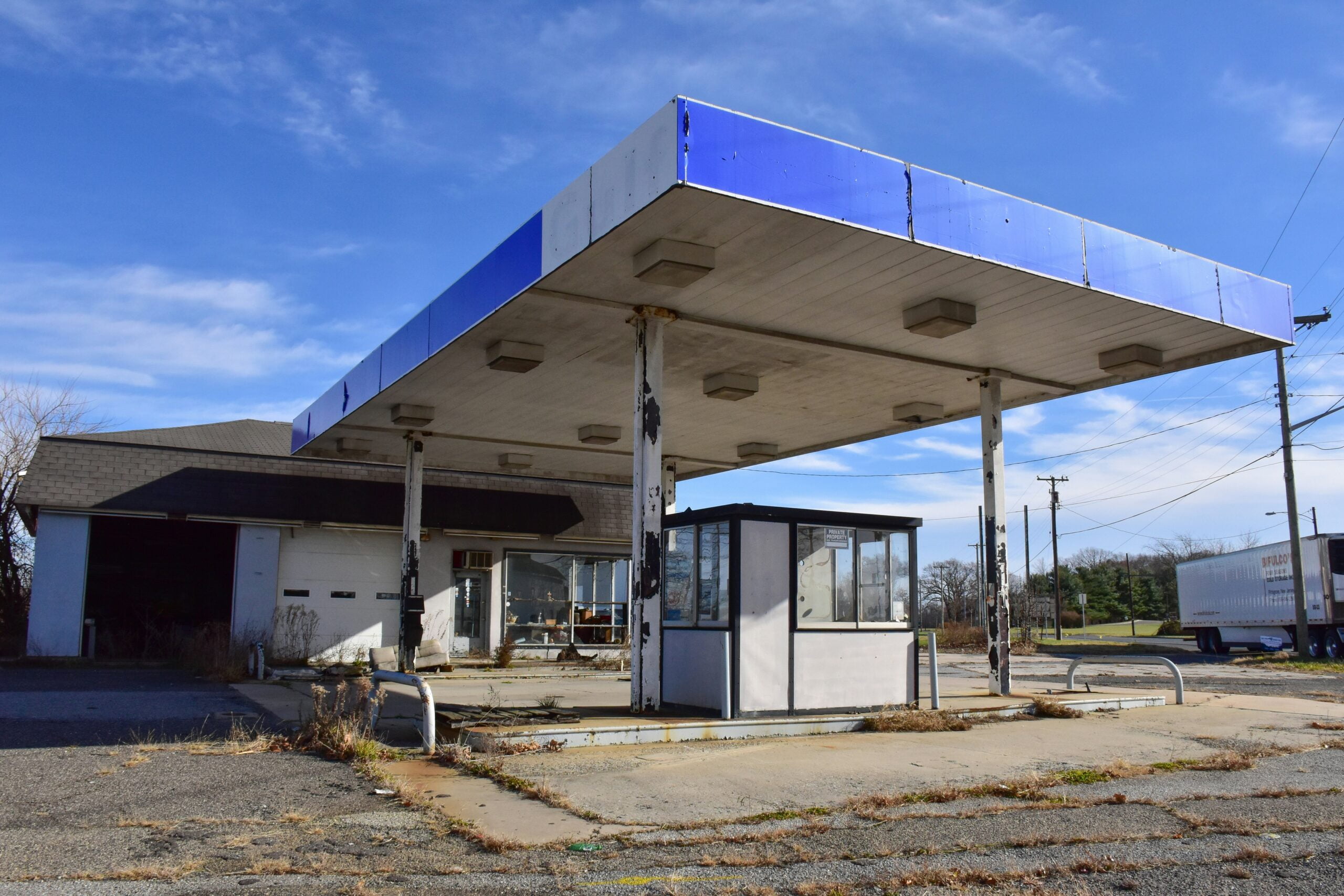

The Impact of Fuel Prices on the Buying and Selling of Cars and Bikes in Pakistan
One of the primary ways in which fuel prices affect the buying and selling of cars and bikes in Pakistan is through their impact on consumer behavior.
Consumer Behavior and Fuel Prices
When fuel prices are high, consumers tend to shy away from purchasing vehicles that have high fuel consumption. Instead, they opt for more fuel-efficient models that can help them save money on their daily commute or long-distance travel. This shift in consumer preference leads to a decrease in demand for cars and bikes with high fuel consumption, ultimately affecting their selling prices in the market.
Moreover, the impact of fuel prices extends beyond just consumer behavior. It also affects the overall cost of ownership of vehicles in Pakistan.
Cost of Ownership and Fuel Prices
When fuel prices are low, the cost of running a car or bike decreases, making it more affordable for individuals to own and maintain vehicles. This, in turn, leads to an increase in demand for vehicles, as more people are able to afford them. On the other hand, when fuel prices are high, the cost of ownership increases, making it more expensive for individuals to own and operate vehicles. As a result, the demand for cars and bikes decreases, leading to a decrease in their selling prices.
In addition to consumer behavior and the cost of ownership, fuel prices also impact the resale value of cars and bikes in Pakistan.
Resale Value and Fuel Prices
When fuel prices are high, vehicles with low fuel consumption become more desirable in the used car market. Buyers are willing to pay a premium for fuel-efficient models, as they offer long-term cost savings. On the other hand, vehicles with high fuel consumption tend to lose their resale value, as buyers are reluctant to purchase them due to the increased cost of running them. This can have a significant impact on the selling prices of used cars and bikes in the market.
Furthermore, fuel prices also influence the market dynamics between different types of vehicles.
Market Dynamics and Fuel Prices
When fuel prices are low, the demand for larger vehicles such as SUVs and sedans tends to increase, as consumers are less concerned about their fuel consumption. Conversely, when fuel prices are high, the demand for smaller, more fuel-efficient vehicles such as hatchbacks and motorcycles tends to rise. This shift in demand can affect the availability and pricing of different types of vehicles in the market.
In conclusion, fuel prices have a profound impact on the buying and selling of cars and bikes in Pakistan. They influence consumer behavior, the cost of ownership, the resale value of vehicles, and the market dynamics between different types of vehicles. As a result, both buyers and sellers in the automotive industry need to closely monitor fuel prices and adapt their strategies accordingly to stay competitive in the market.
Impact on the Transportation Industry
Furthermore, the rise in fuel prices has also had a significant impact on the overall transportation industry in Pakistan.
One strategy that many businesses have adopted is the implementation of fuel-saving technologies and practices.
Implementation of Fuel-Saving Technologies
For example, some companies have started using GPS tracking systems to optimize their routes and minimize fuel wastage. By identifying the most efficient routes and avoiding traffic congestion, these businesses are able to reduce their fuel consumption and save costs.
In addition to technological solutions, there has also been a growing emphasis on promoting eco-friendly transportation alternatives in the country.
Promoting Eco-Friendly Transportation Alternatives
The government, in collaboration with various organizations, has been encouraging the use of public transportation, cycling, and walking as means of reducing fuel consumption and combating air pollution.
As a result, there has been a noticeable increase in the number of people using public transportation systems, such as buses and trains, especially in urban areas. This shift towards public transportation not only helps individuals save on fuel costs but also reduces traffic congestion and improves air quality in cities.
Moreover, the rise in fuel prices has sparked a renewed interest in carpooling and ride-sharing services. People are now more willing to share rides with others who have similar destinations, thereby reducing the number of vehicles on the road and cutting down on fuel consumption.
Overall, the rise in fuel prices has not only led to a shift in consumer preferences towards fuel-efficient vehicles but has also spurred innovation and changes in the transportation industry.
Increasing Demand for Small and Compact Vehicles
Furthermore, the increase in demand for small and compact vehicles is not only driven by fuel prices but also by the changing preferences and lifestyles of consumers in Pakistan.
People are becoming more conscious of the impact their choices have on the environment, and this awareness is reflected in their purchasing decisions.
In addition to the environmental benefits, small and compact vehicles also offer practical advantages in terms of cost and convenience.
Another factor contributing to the growing demand for small and compact vehicles is the increasing urbanization in Pakistan.
Compact vehicles are well-suited for city living, where space is often limited and traffic congestion is a daily challenge.
In response to the rising demand for small and compact vehicles, car manufacturers in Pakistan have been introducing new models and variants to cater to different consumer preferences.
Overall, the increase in demand for small and compact vehicles in Pakistan is driven by a combination of factors, including fuel prices, environmental concerns, cost-effectiveness, and urbanization.
Resale Value of Fuel-Inefficient Vehicles
As the trend towards fuel efficiency continues to gain traction, the impact on the resale value of fuel-inefficient vehicles becomes more pronounced.
When it comes to selling fuel-inefficient vehicles, sellers often find themselves facing an uphill battle.
Selling Fuel-Inefficient Vehicles
On the other hand, fuel-efficient vehicles, particularly hybrids, are experiencing a surge in demand.
Furthermore, the impact on the resale value of fuel-inefficient vehicles goes beyond just the immediate market.
Future Viability of Fuel-Inefficient Vehicles
In conclusion, the impact of the growing emphasis on fuel efficiency is evident in the resale value of fuel-inefficient vehicles.
Government Policies and Incentives
Moreover, the government of Pakistan has also implemented policies to support the development and adoption of electric vehicles (EVs).
Incentives for Electric Vehicles
One of the key incentives is the provision of subsidies and tax credits for the purchase of electric vehicles.
Furthermore, the government has partnered with international organizations and local stakeholders to establish research and development centers for EV technology.
Research and Development for Electric Vehicles
In addition to promoting fuel-efficient and electric vehicles, the government has also introduced measures to discourage the use of older, high-emission vehicles.
Discouraging High-Emission Vehicles
Overall, the government’s policies and incentives in the automotive industry are aimed at promoting sustainable and environmentally friendly transportation options.
Add a comment Cancel reply
Categories
- automobile (1)
- Automotive (32)
- Automotive Industry (2)
- Automotive Safety (1)
- Car Brands (1)
- Car Buying (1)
- Car Reviews (1)
- Clean Energy (1)
- Marketing (1)
- Motorcycles (1)
- Trade Agreements (1)
- Transport & Mobility (1)
- Transportation (2)
- Travel (2)
Recent Posts
About us











